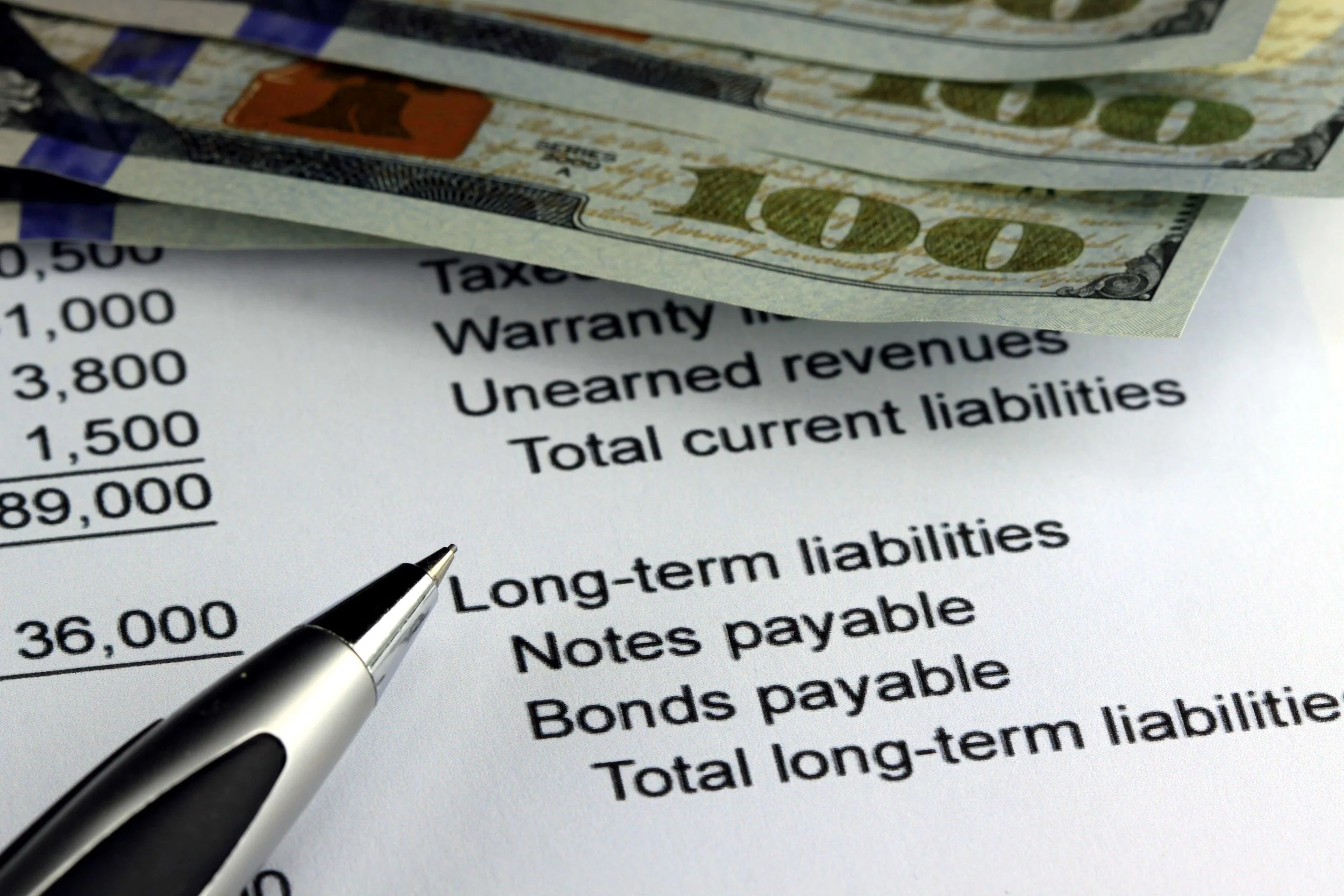"In the business world, the rear-view mirror is always clearer than the windshield."
Warren Buffett, Berkshire Hathaway, Chairman
What is the Purpose of Seller Discretionary Earnings?
Author: Jim Peddle
Understanding Seller Discretionary Earnings in Business Acquisitions
As a seasoned business broker, I frequently assist buyers in understanding the financial intricacies of businesses for sale. A significant aspect of this is explaining Seller Discretionary Earnings (SDE), a critical metric in our Confidential Offering Memorandums. Here’s a primer to help demystify SDE.
Transaction Assumptions:
Asset Sale: Buyers typically acquire both the business and its assets, excluding cash, accounts receivable, and accounts payable. Negotiations may include working capital as part of the deal.
Debt-Free Purchase: Buyers usually acquire the business without assuming any of the seller’s debt. Interest expenses are added back into the SDE since they aren’t inherited.
Owner-Operated Business: We expect new owners to be actively involved. Absentee ownership requires a full-time manager, potentially reducing the business's sale price due to higher operating costs.
Understanding Add-Backs:
Add-backs are adjustments made to the reported net income to reflect the true profitability by removing owner-specific expenses. These can include:
Personal benefits such as health insurance, vehicles, and travel expenses.
Non-recurring expenses like one-time repairs or legal fees.
Non-operational expenses such as interest payments.
Critical Aspects of SDE:
Financial Documents: SDE calculations start with tax returns, but reviewing internal financial statements is crucial, especially if they differ from accrual-based official returns.
Verifiability of Add-Backs: All add-backs should be clearly justified with documentary evidence like receipts.
Comparative Analysis: Always compare like with like; for instance, internal profit and loss statements against tax returns to ensure consistency.
Depreciation and Leases: Understand the treatment of depreciation and any equipment leases that may affect the SDE.
Common Areas of Dispute:
Owner Compensation: A frequent point of contention is whether the owner's entire compensation package should be added back. Industry practice often differs from buyers' perspectives, especially when considering the necessity of a full-time manager under new ownership.
Example SDE Calculation:
Consider an owner's compensation structure:
Salary: $50,000
Add-backs: Phone: $1,000, Health Insurance: $7,000, Payroll Tax: $4,350, Auto: $7,000, Other: $2,100, Distributions: $125,000
Total Adjusted SDE: $196,450
Conclusion:
Understanding the financials of a business is imperative for making an informed purchase. Prospective buyers should engage with qualified CPAs and not shy away from deep diving into the financial histories presented. This diligence ensures that the business's displayed profitability is accurate and sustainable.
For further inquiries or guidance on buying or selling a business, feel free to contact me, Jim Peddle, at 312-525-9622 or president@playbookadvisory.com.




